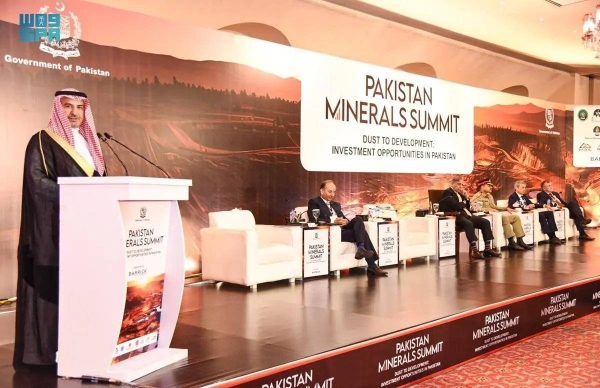
The opening day of the Financial Sector Conference in Riyadh addressed big themes — macro-economics, capital markets, multibillion-dollar bond issues — but its real import for ordinary Saudi citizens lies elsewhere. A key aim of Vision 2030, the masterplan to transform the Kingdom’s economy away from oil dependency, is to make citizens “responsible for our lives,” and in the Saudi context this is no vague aspiration. For a society and an economy that has until now been largely protected from hard economic realities by the oil-funded largesse of the government, it is a crucial and transformational shift.
The aim is to empower ordinary Saudi citizens to take control of their lives, and in nowhere is this more necessary than in personal finance. How an individual or a family chooses to earn, spend and enjoy their cash resources is a fundamental means of empowerment.
This thread ran through many of the sessions in the King Abdul Aziz Conference Center on Wednesday.
A big focus of the day, for example, was the mortgage market, which highlights the challenge presented by the micro-financial aspects of the Vision. For many generations, home ownership in the Kingdom was handed down from father to son to grandson. New entrants to the ownership market made purchases in cash, or through expensive and short-term bank loans.
This worked fine in a country where multi-family occupancy of a household was normal, and where population growth was reasonably stable. But the explosive increase in population that has given the Kingdom one of the youngest demographics in the world has changed the home ownership dynamic. Now young families aspire to having their own homes.The financial infrastructure has failed to keep up with this rapidly changing scene. Mortgage experts estimate that around 50 percent of Saudis own their own home, and Vision 2030 seeks to increase this to at least 60 percent by 2020.
But only a small proportion — single-digit numbers — of these property owners have long-term mortgage finance. In other parts of the world, like Europe, at least half of all home owners have mortgages.
Banks, partly worried about the security of their loans, have been historically reluctant to extend mortgage finance. The Saudi government, largely through organizations like the Saudi Real Estate Refinance Company (SRC) — a subsidiary of the Public Investment Fund — is aiming to boost the mortgage market by buying bank property portfolios and raising money in the capital markets to extend mortgage finance on affordable terms.
There are already signs this is paying off. The first quarter of this year saw as many new mortgages granted as in the previous full year, experts said on the sidelines of the Financial Sector Conference.
It is not just the mortgage market that is undergoing a transformation. The insurance industry is also in the course of shedding its traditional image, largely through government plans for universal medical coverage, while there is also more activity in the savings and pensions industries.
Greater self-reliance and responsibility in personal finance will require some incubation by the government, but the long-term benefits will be worth it if it creates a self-reliant, property-owning population.









